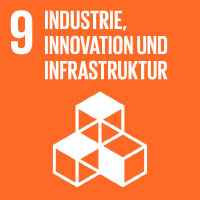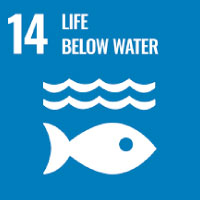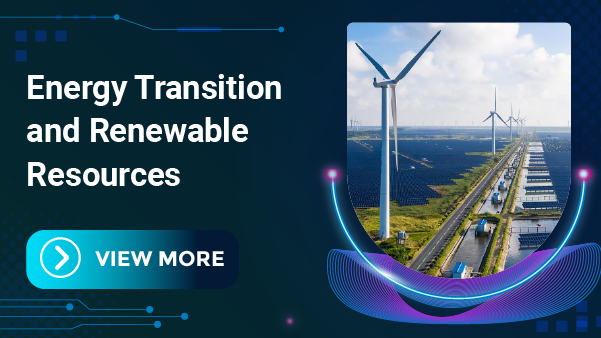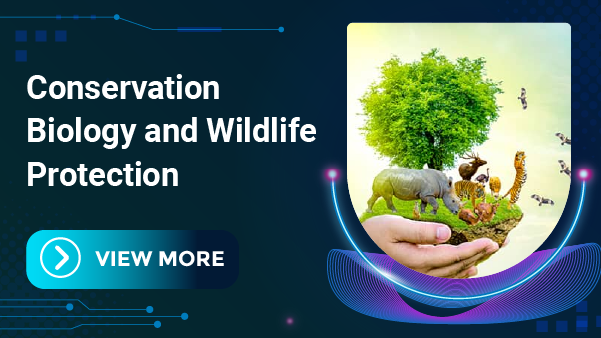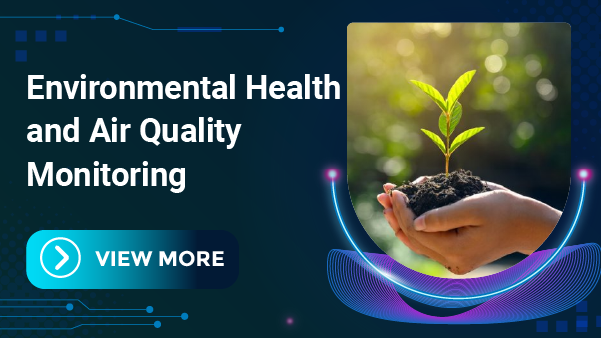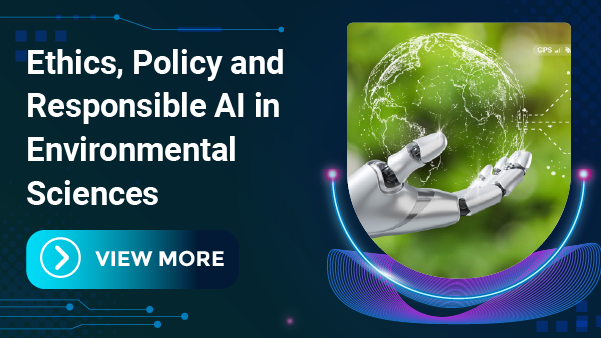Conservation Biology and
Wildlife Protection
Session Overview:
Prepare yourselves for the imminent International Conference on "Beyond Intelligence: AI for a Changing Planet - 2024". Our aim is to provide a platform where esteemed researchers from around the world gather to showcase their latest findings and advancements in their respective fields and enhance their career journey along. This remarkable opportunity serves as a catalyst for academic and professional growth, enabling researchers to make significant contributions to their areas of expertise while also contributing to the betterment of society. Join us as we embark on an extraordinary journey of research innovation, collaboration, and enlightenment, shaping the future and redefining scholarly accomplishments along the way. Beyond Intelligence: AI for a Changing Planet-2024 invites submissions of full papers and abstracts on the following (but not limited to) sessions:
Conservation Biology and Wildlife
Protection
is
contribution to
The
Sustainable
Development Goals:
Goal 7: Affordable and Clean Energy
Goal 9: Industry, Innovation, and Infrastructure
Goal 12: Responsible Consumption and Production
Goal 14: Life Below Water
Goal 15: Life on Land
Who Can Join
Tracks
Topics of Interest for Submission include, but are not limited to:
1 AI applications for monitoring and protecting endangered species.
2 Data analytics and machine learning in biodiversity conservation.
3 AI-assisted approaches for combating illegal wildlife trade.
4 Wildlife Monitoring with AI-Enabled Camera Traps
5 Bioacoustic Monitoring and Species Identification
6 Satellite Remote Sensing and AI for Habitat Monitoring
7 Machine Learning for Biodiversity Data Analysis
8 Predictive Modeling for Species Distribution
9 Intelligent Anti-Poaching Technologies
10 Behavioral Analysis for Conservation
11 Genomic Data and AI in Conservation Genetics
12 Community-Based Conservation with AI
13 Blockchain and AI for Combating Wildlife Trafficking
Outcomes:
- In Session 5 on "Conservation Biology and Wildlife Protection," conference attendees will delve into the cutting-edge applications of artificial intelligence (AI) in safeguarding biodiversity and protecting endangered species. AI-driven solutions revolutionise wildlife monitoring efforts by enabling the deployment of smart camera traps capable of autonomously identifying and tracking endangered species. Bioacoustic monitoring, coupled with AI algorithms, offers a non-invasive method for species identification, providing invaluable insights into wildlife populations and behaviours.
- Furthermore, data analytics and machine learning play a pivotal role in biodiversity conservation, facilitating the analysis of vast datasets to uncover patterns and trends crucial for informed conservation strategies. Predictive modelling harnesses machine learning algorithms to forecast species distribution and habitat suitability, guiding proactive conservation efforts. Additionally, genomic data analysis aided by AI offers unprecedented insights into conservation genetics, informing strategies for preserving genetic diversity and mitigating the risk of species extinction.
- Moreover, AI-assisted approaches prove instrumental in combating illegal wildlife trade, one of the most significant threats to global biodiversity. Intelligent anti-poaching technologies leverage AI for real-time monitoring and detection of poaching activities, enhancing enforcement efforts and deterring illegal wildlife trafficking. Blockchain technology, coupled with AI algorithms, ensures transparency and traceability in supply chains, enabling authorities to disrupt wildlife trafficking networks effectively. This session provides a unique opportunity for conference attendees to explore the synergies between AI and conservation biology, fostering interdisciplinary collaboration and innovative solutions for wildlife protection on a global scale.
Scope & Benefits of Attending Beyond Intelligence:AI for a Changing Planet-2024 conference:
Attending the "Beyond Intelligence: AI for a Changing Planet - 2024" conference offers a vast scope of knowledge and numerous benefits across various domains.

Benefits of Attending Beyond Intelligence 2024
- Climate Change Modelling and Prediction: Participants can gain insights into cutting-edge climate change research, exploring innovative modelling techniques and prediction methodologies. By understanding climate patterns and future projections, attendees can contribute to informed decision-making and policy formulation to mitigate the impacts of climate change.
- Eco-friendly Agriculture and Food Security: Researchers and stakeholders in agriculture and food security can exchange ideas on sustainable farming practices, crop management techniques, and food distribution strategies. By promoting eco-friendly approaches, attendees can enhance food production while minimizing environmental degradation and ensuring long-term food security.
- Natural Disaster Resilience and Response: Discussions on natural disaster resilience and response provide attendees with valuable insights into disaster preparedness, early warning systems, and effective response strategies. By leveraging AI and innovative technologies, stakeholders can improve disaster management efforts, enhance community resilience, and save lives during emergencies.
- Energy Transition and Renewable Resources: The conference facilitates dialogue on energy transition and renewable resources, fostering collaboration among researchers, policymakers, and industry leaders. Participants can explore advancements in renewable energy technologies, energy storage solutions, and sustainable energy policies to accelerate the transition towards a low-carbon future.
- Conservation Biology and Wildlife Protection: Attendees can delve into conservation biology and wildlife protection, discussing conservation strategies, habitat restoration initiatives, and biodiversity conservation efforts. By integrating AI and data-driven approaches, stakeholders can enhance conservation efforts, protect endangered species, and preserve ecosystems for future generations
- Smart Cities and Sustainable Urban Planning: Discussions on smart cities and sustainable urban planning offer insights into urban development strategies, infrastructure design, and technology integration for sustainable cities. Attendees can explore AI-driven solutions for optimizing resource management, reducing pollution, and enhancing quality of life in urban environments.
- Circular Economy and Waste Management: The conference provides a platform for exchanging ideas on circular economy principles, waste management strategies, and recycling innovations. By promoting circularity and resource efficiency, stakeholders can minimize waste generation, reduce environmental pollution, and create economic opportunities through sustainable business models.
- Environmental Health and Air Quality Monitoring: Participants can learn about advancements in environmental health research and air quality monitoring technologies. By examining the impacts of air pollution on public health and ecosystems, attendees can advocate for policy interventions, promote cleaner air standards, and improve environmental health outcomes.
- Ethics, Policy, and Responsible AI in Environmental Sciences: Discussions on ethics, policy, and responsible AI in environmental sciences foster critical reflections on the ethical implications of AI technologies. Attendees can explore policy frameworks, ethical guidelines, and governance mechanisms to ensure the responsible use of AI in environmental research and decision-making processes.
Author Guidelines
Guidelines for Abstract Submission:
- Language: Abstracts must be written in English.
- Length: Limited to one paragraph with 200-250 words.
- Format: Submit in MS Word (.doc or .docx) document format.
- Content: Abstracts should provide an informative summary of the original work. Include a brief biography with your abstract, following the example provided in the template.
- Formatting: Center-align the Title, Author's Names, and Affiliations. Underline the presenting author's name.
- Submission: Please submit your abstract through the designated submission portal.
- Acknowledgment: Upon abstract submission, you will receive an acknowledgment email within three working days.
Evaluation Process
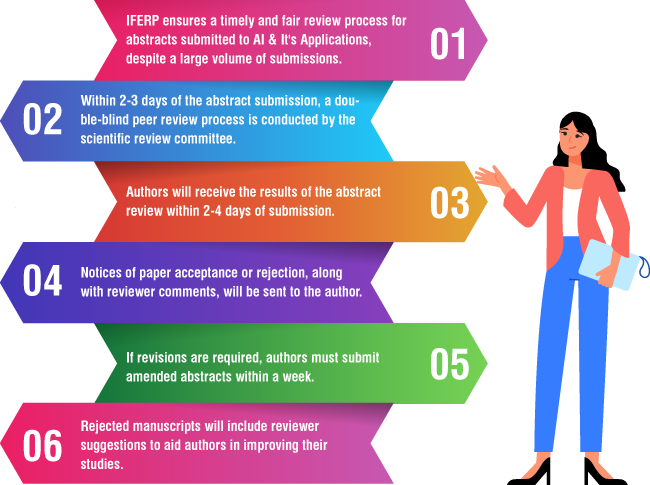
Guidelines for Full Paper Submission
If your abstract has been accepted and the registration fee for Beyond Intelligence 2024 has been paid, you are invited to submit the full paper. Please adhere to the following guidelines for the submission:

- Total number of pages: 6-8 in double-column format
- Language: English (checked for grammar and language errors)
- Tables, figures, and images should be properly named and of high quality.
- Keywords should be written in lowercase letters (except for names/scientific names) and separated by commas.
- Affiliation names, including the country, must be provided.
- Each paper should be structured into the following sections:
- Background, Motivation, and Objective
- Statement of Contribution/Methods
- Results, Discussions, and Conclusions
Once your full paper is prepared according to the above instructions, please proceed to submit it through the provided link. Submit your Full paper Here.


